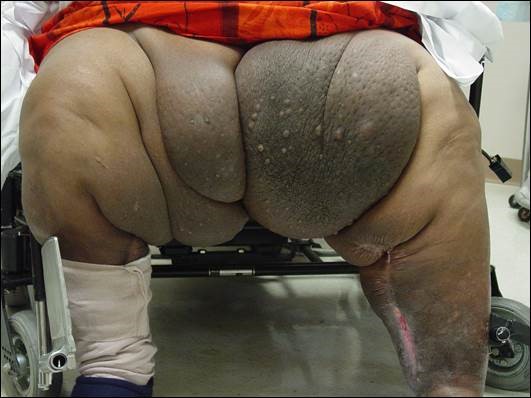I’ve struggled with my weight all my life. I don’t need an alarm clock because my stomach will wake me up for breakfast. It infuriates me when skinny friends tell me that they “forgot to eat.” I have always suspected that anyone who forgets to eat has some kind of brain damage. It turns out they do have a different brain biochemistry from mine. I just saw this article about brain pathways and obesity. Apparently, there are two pathways in their brain that (at least in part) determine whether a person is obese: the proopiomelanocortin (POMC) pathway tells people to eat less and store less food and the Agouti-related protein (AgRP) pathway tells people to eat more and store more food. Apparently, people with obesity have an active AgRP pathway. There is no way to get around the reality that in order to lose weight, a person has to increase their physical activity and manage their food intake. However, these pathways are the reason that certain obesity drugs can help by upregulating the POMC pathway.
Why am I paying attention to this? Because a huge percentage of our patients with chronic non-healing wounds are obese – morbidly obese. It contributes to the development of diabetes which contributes to the development of wounds, and to sleep apnea and heart failure which contribute to uncontrollable edema. There just isn’t a way to manage patients with chronic wounds without addressing morbid obesity. I started putting marketing materials for my hospital’s bariatric surgery program in the wound center weighting room and, at least before COVID, trying to get them to attend the regular, free informational seminars. I am not ready to start prescribing weight loss drugs, but we’ve got to figure out how to be more proactive than we have been with regard to morbid obesity (as well as heart failure). We see these patients more often than their primary care doctors, and that gives us a rare opportunity to listen to them and for them to listen to us. I don’t have the answer – but anytime I can speak more knowledgably to patients about the problem, it helps.


Dr. Fife is a world renowned wound care physician dedicated to improving patient outcomes through quality driven care. Please visit my blog at CarolineFifeMD.com and my Youtube channel at https://www.youtube.com/c/carolinefifemd/videos
The opinions, comments, and content expressed or implied in my statements are solely my own and do not necessarily reflect the position or views of Intellicure or any of the boards on which I serve.




Such a valuable post, thank you Dr. Fife. The SGLT-2 inhibitors and GLP-1 agonists have increasing data for weight management and may have additional benefits for cardiac and diabetes outcomes. Another opportunity for wound clinics to practice interdisciplinary cares with bariatric medicine and counseling. Also, decreasing daily sodium intake to less than 2500mg daily can have a significant impact for wound maneament and weight management.
Integrity
It is essential to understand the brain pathways involved in the inflammation process and how they interact with other factors such as diet and exercise, in order to optimize wound care for those suffering from obesity.